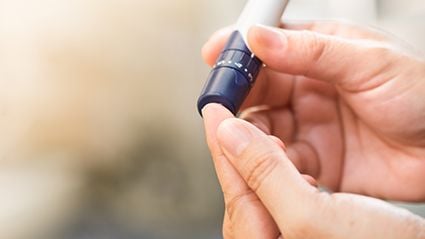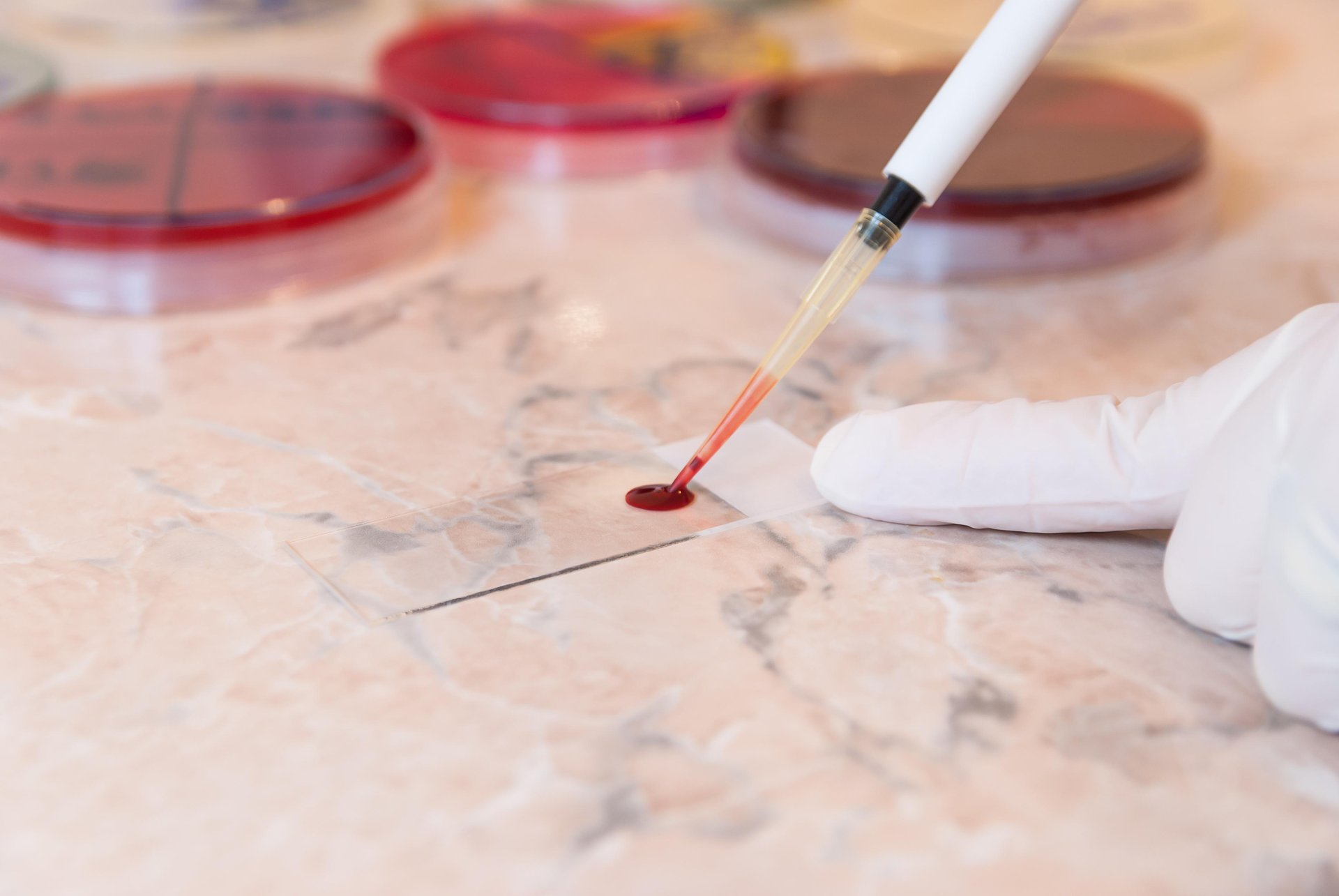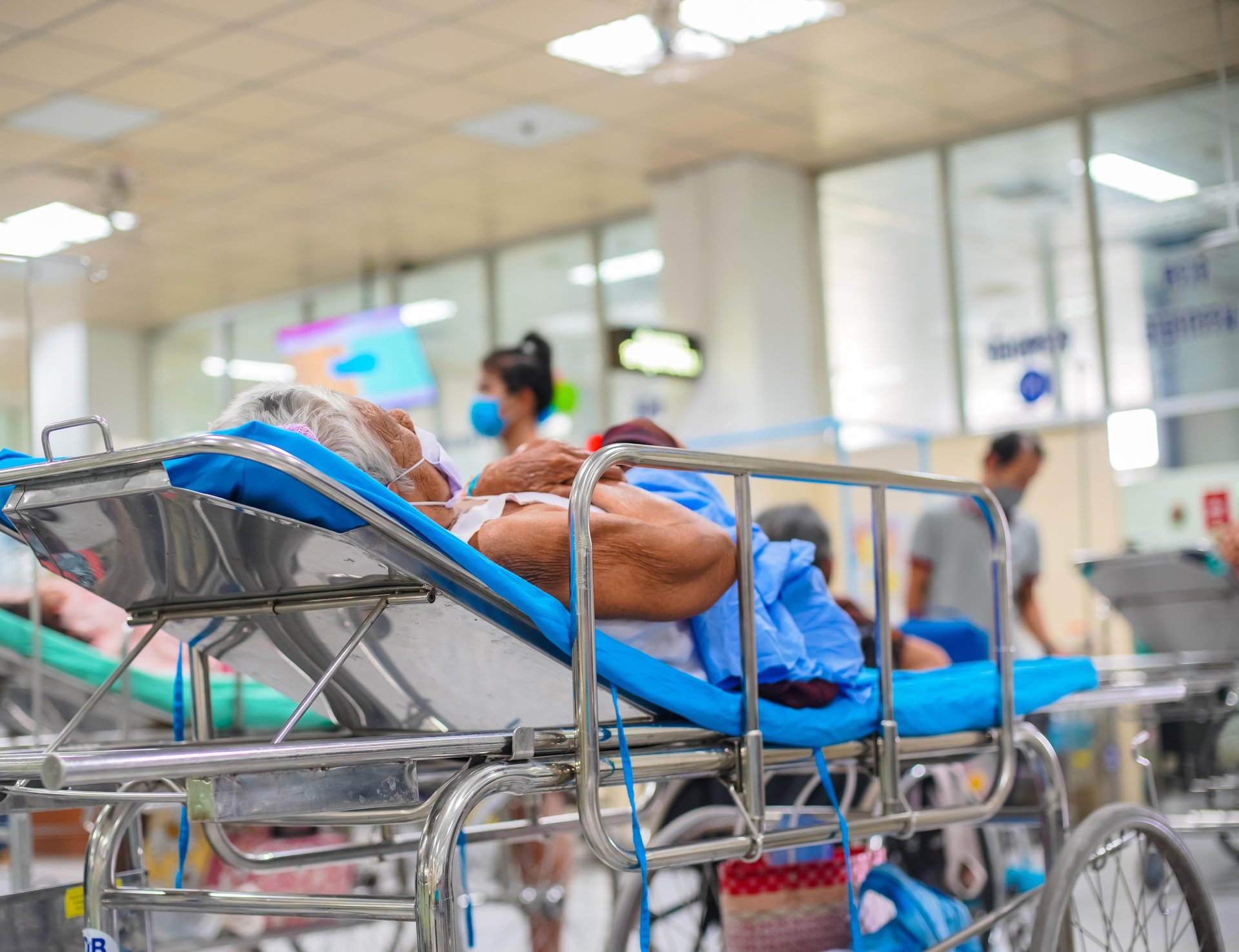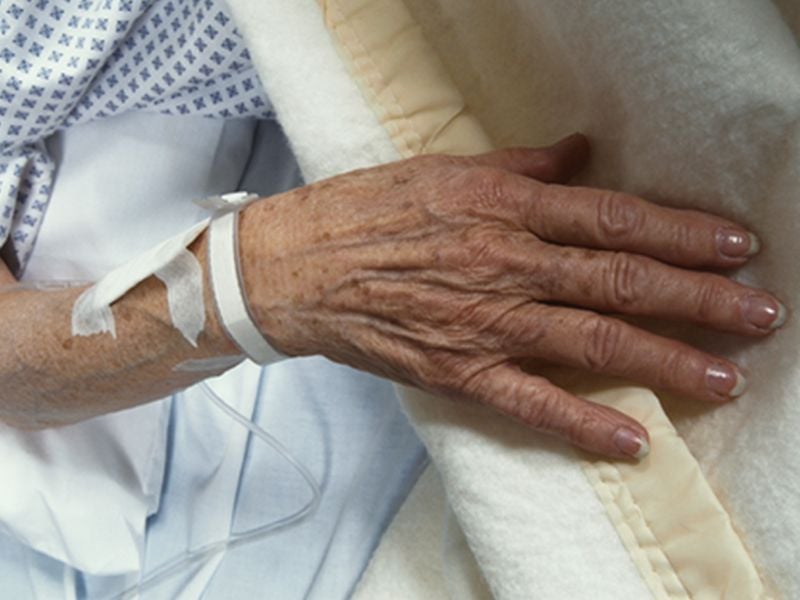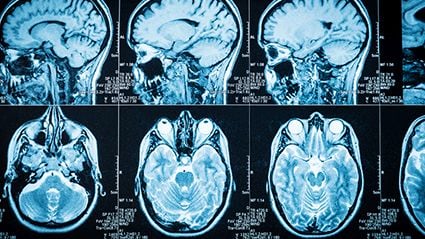
Black and Hispanic patients with Alzheimer’s disease are greatly underrepresented in clinical trials, even though they’re more likely to get dementia than whites. However, racial discrimination may not be driving this disparity, a new study finds. Instead, Black and Hispanic people are being judged ineligible for Alzheimer’s trials because they appear to have lower levels… read on > read on >










